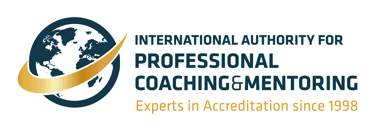Understanding Mental Health for Women Who Are Parents: A Comprehensive Guide


The Importance of Mental Health for Mothers
Mental health is a crucial aspect of overall well-being, and for women who are parents, it holds an even more significant role. As they navigate the complexities of motherhood, women often face unique challenges that can impact their mental health. The demands of parenting, coupled with societal expectations, can lead to stress, anxiety, and even depression. Recognizing the importance of mental health for mothers is essential, as it lays the foundation for a healthier family environment.
Challenges Faced by Women Parents
Women who are parents may encounter various challenges that can take a toll on their mental health. Balancing parenting duties with career responsibilities can result in overwhelming feelings of inadequacy. Additionally, many women experience the phenomenon known as 'mom guilt'—the constant worry of not being an adequate parent. Societal pressures to be the perfect mother can exacerbate these feelings, making it crucial for women to prioritize their mental health. Strategies that include self-care, support systems, and fostering open communication are vital in addressing these challenges.
Strategies to Support Mental Health
Maintaining mental health is particularly challenging for women who are parents, but various strategies can contribute to improved well-being. First and foremost, self-care should never be overlooked. Simple practices such as allocating time for hobbies, engaging in physical exercise, and ensuring proper rest can provide significant mental relief. Additionally, reaching out for support—whether through family, friends, or professional help—can foster a sense of community that alleviates feelings of isolation. Therapy and support groups specifically tailored for mothers can also be beneficial, offering a safe space to discuss feelings and experiences.
Moreover, mindfulness and stress management practices are vital tools for mothers. Techniques such as meditation, yoga, or journaling can help women process their emotions and respond to stressors more effectively. Balancing personal needs with parenting responsibilities is achievable through conscious planning and, at times, saying no to excessive obligations.
In conclusion, acknowledging mental health for women who are parents is fundamental for fostering a nurturing environment for both mothers and their children. By understanding the unique challenges faced by mothers and implementing effective strategies, it becomes possible to cultivate resilience and well-being. Encouraging open discussions around mental health not only empowers women but also contributes to healthier family dynamics, ultimately leading to a more fulfilling parenting experience.






